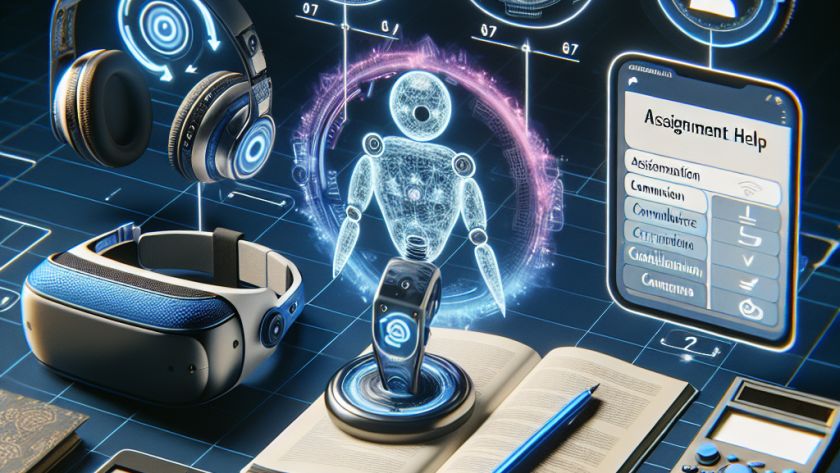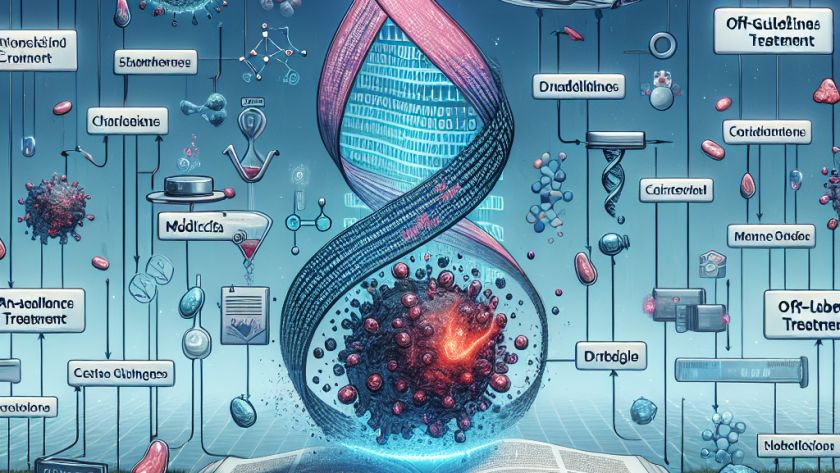The development of artificial intelligence models that can handle both human language and code has been a significant focus for researchers. The goal is to create models that break down linguistic barriers and facilitate more intuitive interactions between humans and machines. This challenge encompasses understanding multiple languages and the intricate syntax and semantics of programming…










